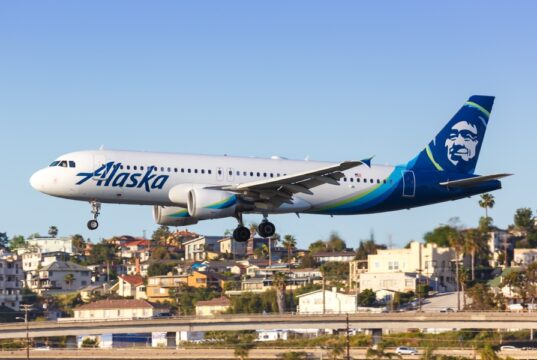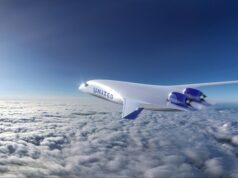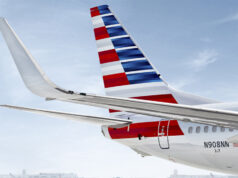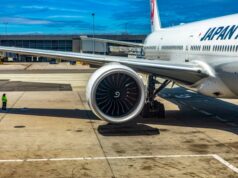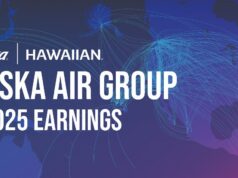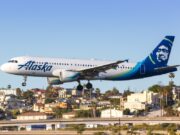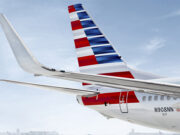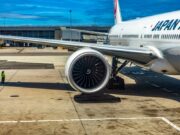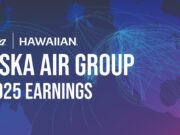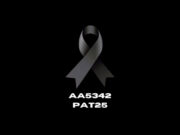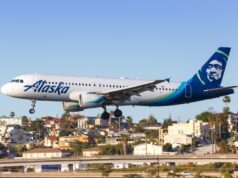
WASHINGTON—The Air Line Pilots Association, Int’l (ALPA) applauded the Federal Aviation Administration (FAA) after it announced its intention to issue a proposed rule that would close the public charter loophole. Regularly scheduled commercial operations are regulated under Federal Aviation Regulation (FAR) Part 121, but some public charters have been able to exploit the current regulations and operate similar flight schedules under the less restrictive FAR Part 135.
“Today the FAA took decisive action to close the public charter loophole and ensure one level of safety for passengers and flight crews,” said ALPA president Capt. Jason Ambrosi. “No matter where you’re flying or what airline you’re on, all Americans deserve the same level of safety and security. In order to maintain our world-leading airline safety record, we must remain vigilant and push back against attempts by corporate interests to cut corners. We appreciate the action taken by the FAA to close this loophole to keep U.S. aviation safe and secure.”
Since 2022, ALPA has called on the Department of Transportation to close the public charter loophole over concerns about the safety and security threats of airlines operating regularly scheduled commercial flights under lesser safety and security regulations. In that proceeding, ALPA noted that JSX and similar operations use Part 135 safety regulations to bypass the highest standard of safety rules under Part 121. JSX touts that its passengers can avoid normal security-screening protocols that protect passengers and the rest of the country. Allowing JSX’s passengers and their baggage to bypass the screening regimen that all other scheduled commercial airline passengers and bags must go through is a significant risk that must be eliminated. Despite calling itself a charter operation, JSX applied to operate 110,305 scheduled departures in 2022 with its 37-aircraft operating fleet—more scheduled departures than comparably sized Piedmont, a regional Part 121 operator.
“Under the public charter loophole, some airlines are held to lesser standards, while operating in the same airspace, with the same passengers, from largely the same airports, and that is unacceptable,” added Ambrosi.
ALPA looks forward to learning more about the Safety Risk Management Panel that the FAA plans to convene with respect to some Part 135 operations and expects FAA action will continue to maintain the highest level of safety for small and large communities alike.
Founded in 1931, ALPA is the largest airline pilot union in the world and represents more than 78,000 pilots, at 41 U.S. and Canadian airlines. Visit the ALPA website at alpa.org or follow us on Twitter @ALPAPilots.












